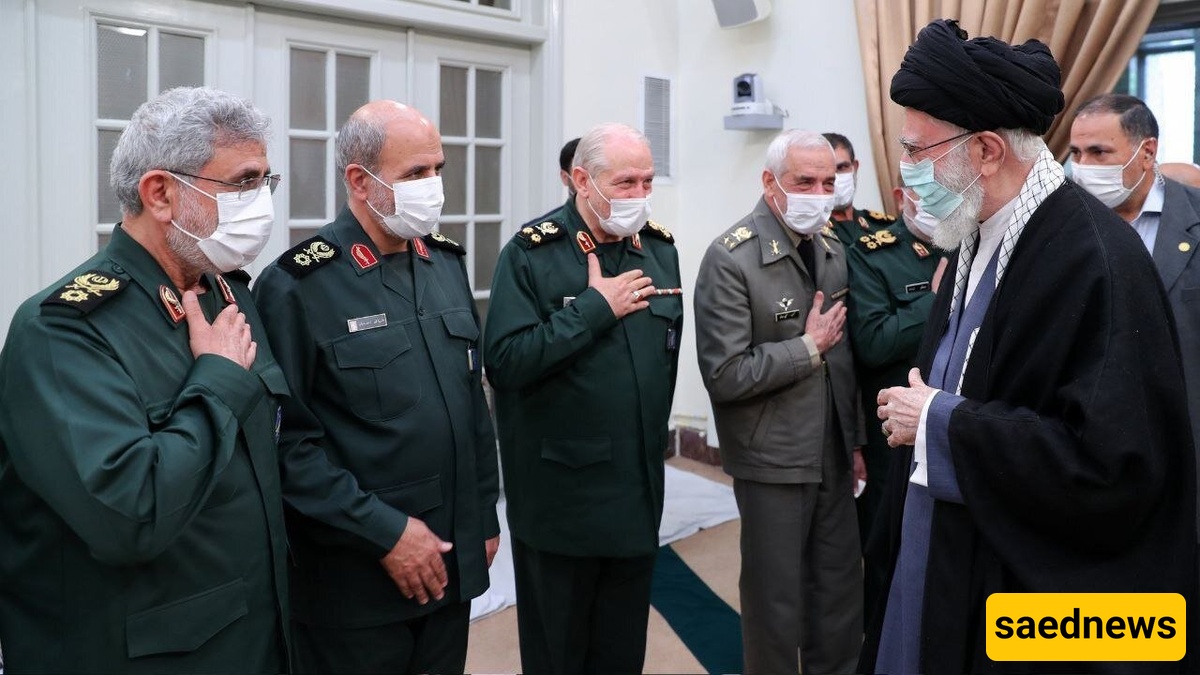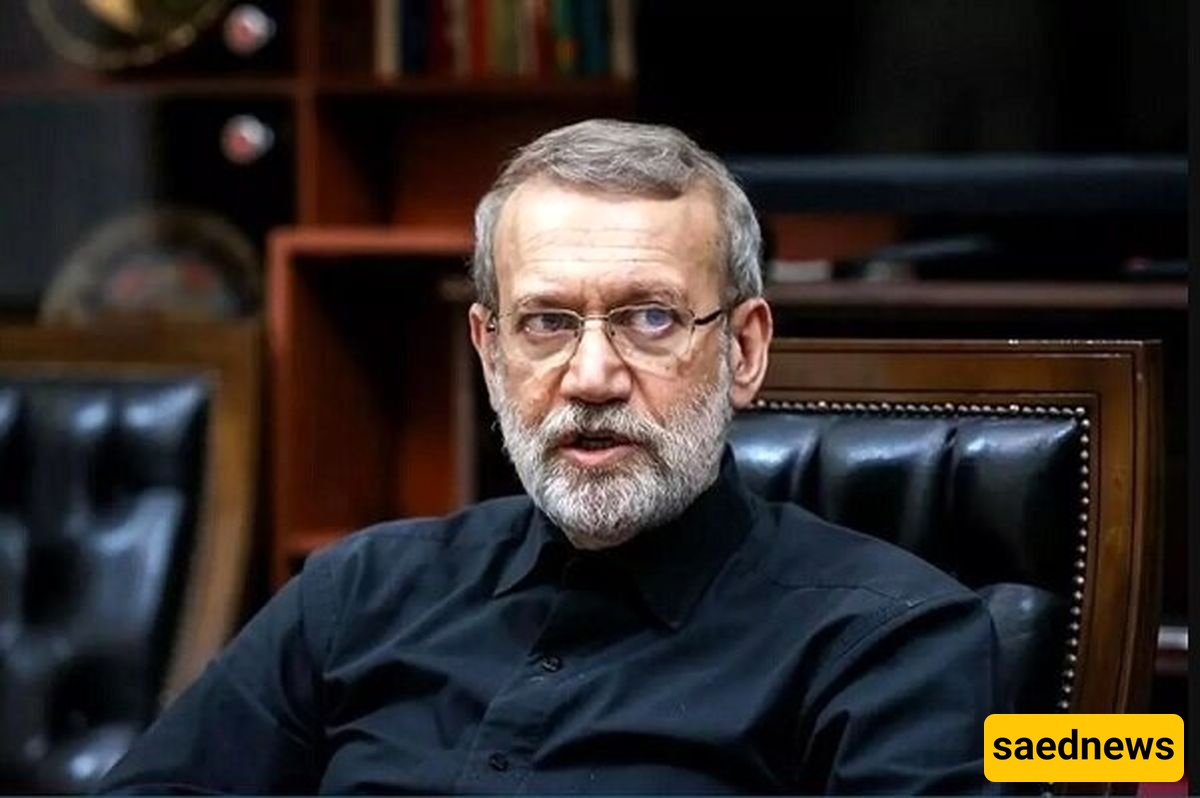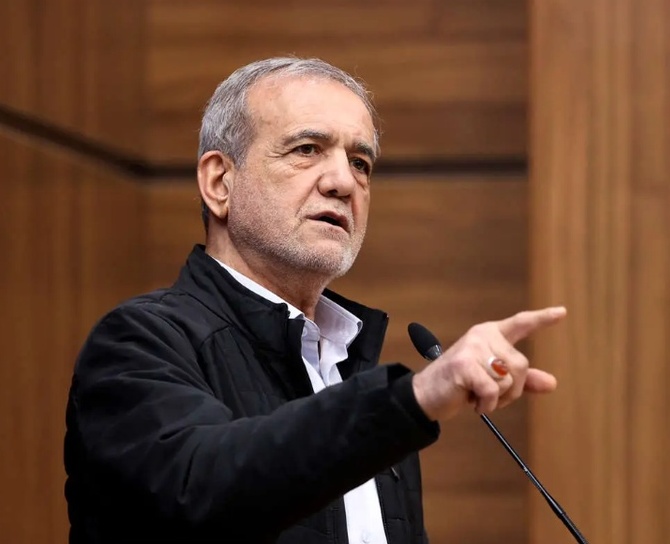SAEDNEWS: Iran has warned that efforts by France, Germany, and the UK to reimpose UN sanctions could effectively suspend its cooperation with the IAEA, threatening to derail months of diplomatic progress on nuclear inspections.

Iran’s Supreme National Security Council (SNSC) has issued a strong warning that the European push to reimpose UN sanctions will “effectively suspend” the country’s cooperation with the International Atomic Energy Agency (IAEA).
The warning comes after the UN Security Council (UNSC) failed to adopt a resolution permanently lifting sanctions on Iran. France, Germany, and the UK, known collectively as the E3, began a 30-day process to reinstate sanctions, accusing Tehran of violating the 2015 nuclear deal, formally known as the Joint Comprehensive Plan of Action (JCPOA).
Russia and China, also signatories of the deal, have rejected the European attempt to trigger snapback sanctions, leaving Iran in a delicate diplomatic position.

The SNSC, chaired by President Masoud Pezeshkian, called the European move “ill-considered”, claiming it undermines months of dialogue aimed at resuming nuclear inspections and ensuring Iran’s compliance with international rules.

“Despite the cooperation of the Ministry of Foreign Affairs of the Islamic Republic of Iran with the IAEA and the proposals presented to resolve the nuclear issue, the actions of European countries will effectively suspend the path of cooperation with the Agency,” the council stated.
The council also instructed the foreign ministry to continue consultations to protect Iran’s national interests while navigating the threat of sanctions.
Earlier this month, Iran and the IAEA reached a preliminary agreement to resume inspections at Iranian nuclear sites, including sensitive facilities targeted by the US and Israel in June. However, Deputy Foreign Minister Kazem Gharibabadi warned that this agreement could be halted entirely if diplomatic engagement does not advance.
Under the JCPOA, Iran agreed to curb its nuclear program in exchange for sanctions relief. However, the deal began unraveling in 2018 after the US under President Donald Trump withdrew unilaterally and imposed sweeping sanctions.
The IAEA has reported that Iran now possesses over 400 kilograms of uranium enriched to 60 percent, just below weapons-grade levels. Tehran insists its nuclear program is entirely peaceful.
If the UNSC vote on Friday leads to snapback sanctions, these could take effect as early as next Sunday, and would include:
Reimposition of an arms embargo against Iran
Ban on uranium enrichment and reprocessing
Restrictions on ballistic missile activities
Global asset freezes and travel bans on Iranian entities and individuals
The E3 had previously suggested delaying snapback sanctions for up to six months if Iran restored IAEA access and entered talks with the US.
President Pezeshkian struck a defiant tone, vowing that Iran will “overcome obstacles” imposed by foreign powers.
“The ill-wishers of this territory cannot block our way,” he said.
“It is totally impossible to stop those who possess the will, determination, and ability to advance.”
Referring to US-backed Israeli attacks on Iranian nuclear sites, including Natanz and Fordow, Pezeshkian emphasized that Iranian specialists will rebuild and strengthen these facilities, underscoring Tehran’s commitment to its nuclear infrastructure despite external pressure.
The SNSC warning marks a major escalation in nuclear diplomacy, signaling that Iran may halt cooperation with international inspectors if the European sanctions proceed. Experts warn that this could increase tensions in the Middle East and complicate efforts to revive meaningful talks on the nuclear issue.
The European push for sanctions comes amid concerns over nuclear proliferation and Iran’s growing stockpile of enriched uranium, while Iran frames its actions as protecting national sovereignty against what it sees as coercive foreign measures.

